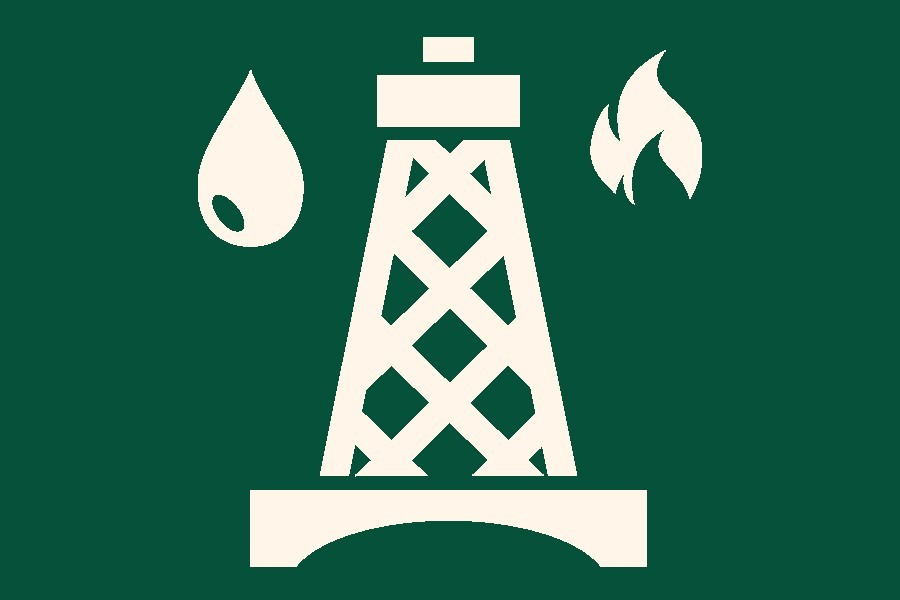The government's announcement last Sunday of an average rise of 32.8 per cent in the price of natural gas for consumers across the board is hardly welcome. It is the seventh time in last ten years that gas prices have been increased. While it is likely that domestic consumers never express their dissatisfaction with a loud voice, though they are disappointed without doubt, and that the political opposition would always try to score a point or two at every such chance, business communities and energy experts have been vocal and clear-cut in their rejection of the arguments given behind the latest rise. Even the ruling party's general secretary is on record telling the press that the government has been put under pressure due to this price rise. However, the Bangladesh Energy Regulatory Commission (BERC), the government body that deals with such issues, has been buoyant citing the rise in production price due to import of liquefied natural gas (LNG) as the main reason. The BERC also said it could not do otherwise as gas generation, distribution and transmission companies wanted it and the relevant law made it mandatory for it to consider their proposals. In fact, the BERC had declared in March last after a public hearing that it was going for a price rise in natural gas sale to meet up the deficit in expenses related to production and handling. The latest announcement is designed to meet not all but only 46 per cent of the deficit.
It is interesting to note that the BERC's announcement of price hike came the same day as regulators in neighbouring India cut prices of LNG cylinders to a multiple band of customers. Two of the hardest hit by the latest BERC decision will be the captive power and tea industry sectors where the rise is 44 per cent. Gas-powered power plants will pay 41 per cent higher, while all other industries will from now on count 38 per cent more in payment. Industrialists, private gas station owners and small business houses came out in one voice to criticise the latest decision, fearing to be out of business. An argument has been put forward by others that comparative cost of doing business in Bangladesh will go up and that many products will lose competitiveness. Others complained about the very necessity of LNG import. Energy experts in particular did not accept the BERC's argument of depletion in natural gas reserves in the country urging instead of more exploration. As things stand, prices of all conceivable consumer items will now go up.
The natural gas of Bangladesh is one of the finest in quality in the whole world. However, one abiding issue behind it has always been the cost of production. As elsewhere in government-owned enterprises, it has never been investigated to the consumer's satisfaction whether the price quoted for natural gas is real and justifiable. As with handling of petroleum products, the gas generators and handlers are all government owned and therefore run a risk of wastage and misuse. Absence of good economic governance leads to a host of problems, prominent among them being rise in production cost. The BERC has not earned any fame for having run researches into the core causes of cost of production. This it must do without delay, through expert-led committees, or else doubts about the genuineness of its arguments behind price hike will linger. People in the field think there are more reserves on land and also off-shore. In the latter area, recent settlements with India and Myanmar should open the door for more exploration in the Bay of Bengal. The delay could only push the BERC to price hikes as ad-hoc ways out.


